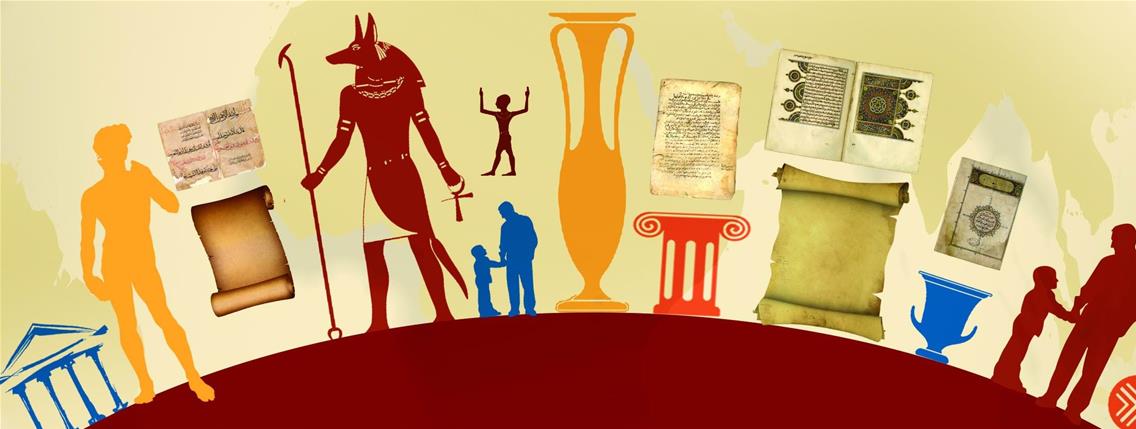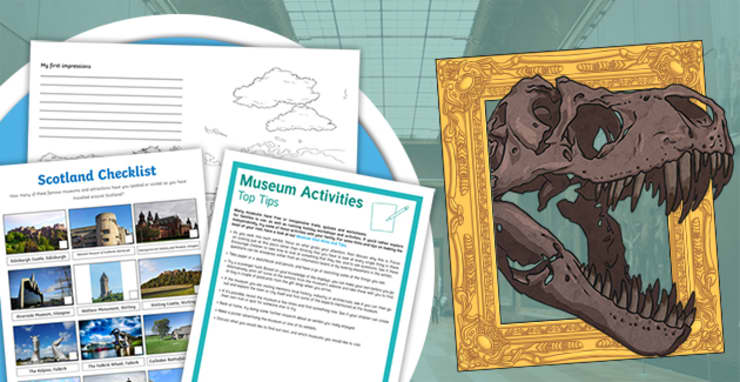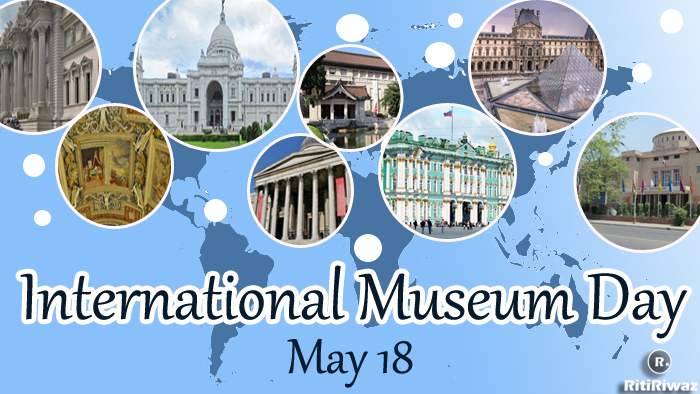By Maria Papagiannopoulou,
International Museum Day (IMD) is an annual event held on, or around, May 18 by the International Council of Museums (ICOM). The event focuses on a specific theme that varies each year to represent a current theme, or concern facing museums around the world.
This day gives museum professionals the huge opportunity to interact with the public and educate them about the difficulties that museums confront, as well as raise public awareness about the importance of museums in society’s development. It also encourages museum personnel to communicate with one another.
The inaugural International Museum Day was organized by ICOM in 1977. After ICOM passed a resolution to organize an annual event “with the goal of further combining the creative goals and efforts of museums and calling the attention of the international public to their activities,” IMD was born.
Every year, museums from all around the world are invited to take part in IMD, in order to raise awareness of the relevance of museums worldwide. They achieve this by organizing events and activities centered on the annual theme. In 1992, the event’s annual theme was established for the first time. In 1997, ICOM created an international poster, which was adopted by 28 countries in the same year.

In 2009, IMD drew 20,000 museums from across the world to host events in more than 90 countries. The commemoration was attended by 98 nations in 2010, 100 countries in 2011, and 30,000 museums in 129 countries in 2012. In 2011, the official IMD poster was translated into 37 languages. IMD has 35,000 museums from 140 countries participating by 2014.
There is no better way to commemorate International Museum Day than to visit a local museum, whether alone, with friends, or even with your children if you believe they are old enough to appreciate it. Depending on where you live, the museums closest to you could be dedicated to everything from agriculture to fashion, astronomy to archaeology, and art to natural history. If the museums in your immediate area do not pique your interest, how about taking a road trip to a nearby city to see a museum that is more relevant to your interests? Carpooling with a friend or two will save money and make the trip more entertaining.
Another factor to consider is how well you handle crowds. Because International Museum Day is becoming an increasingly popular worldwide event, many of the larger and better-known museums are likely to be fairly packed on this day, especially since many museums do not charge an admission price. If you do not feel like waiting in huge lines to view everything or navigating masses of people while paying more attention to not treading on anyone’s shoes than the objects on display, you might choose to visit your favorite museum a few days before or after International Museum Day.
On weekdays, museums are frequently calm locations where visitors can learn about our forefathers’ lives and consider what drove them to act and develop the way they did. Whatever way you choose to commemorate Museum Day, do not allow this chance to learn about human history to pass you by!

References
- International Museum Day, wikipedia.org, Available here
- International Museum Day, icom.museum, Available here




